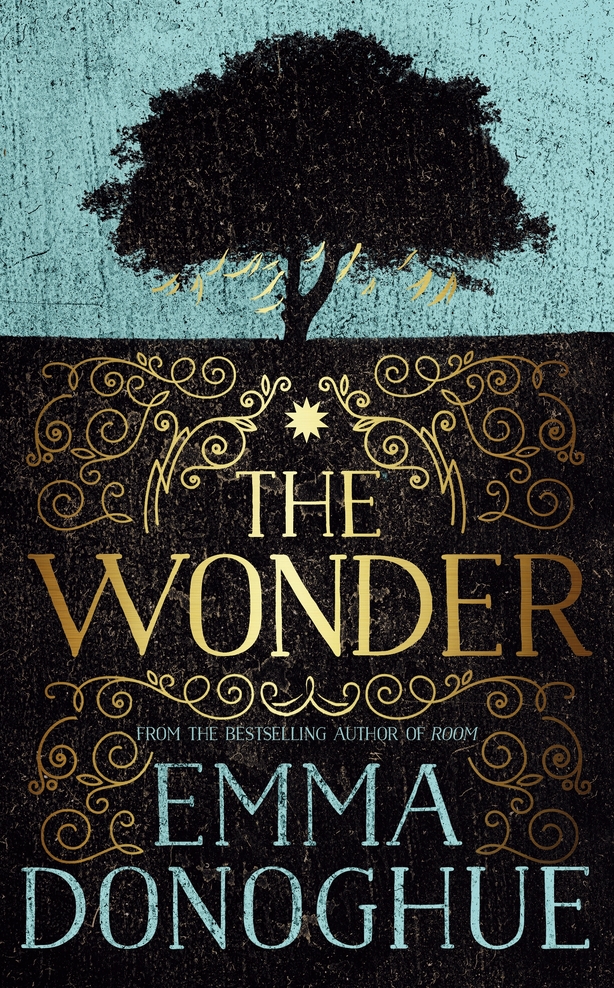
Of course, she wants to believe in the credulity of the nun until it becomes obvious that Sister Michael is just as concerned for the child's welfare, and as willing to see the reality of her starving.

It began to sour for me when Lib's willful arrogance became too wedded to the needs of story. This is a good story that had great potential. Even her nickname "Lib" seems to stand in for the subtle tides sweeping away old dogmas that she, as a woman, trained in medicine, unencumbered by faith, seem to embody.

Lib's observations about the Irish Catholicism practiced around her are those of a woman confident in her view of the real world, forced to deal with a superstitious, insular, obscure faith that would rather see a little girl die than admit the truth of her starving. She is also a woman touched by death in war and in peace, and it has seemingly robbed her of her faith at a time when advancing currents of knowledge and social change are upsetting the old verities of the church.

She has a distinctive pedigree, having trained in the Crimean War with Florence Nightingale. Lib is a very English woman plopped down into the middle of post-Potato Famine Ireland in 1859.


 0 kommentar(er)
0 kommentar(er)
